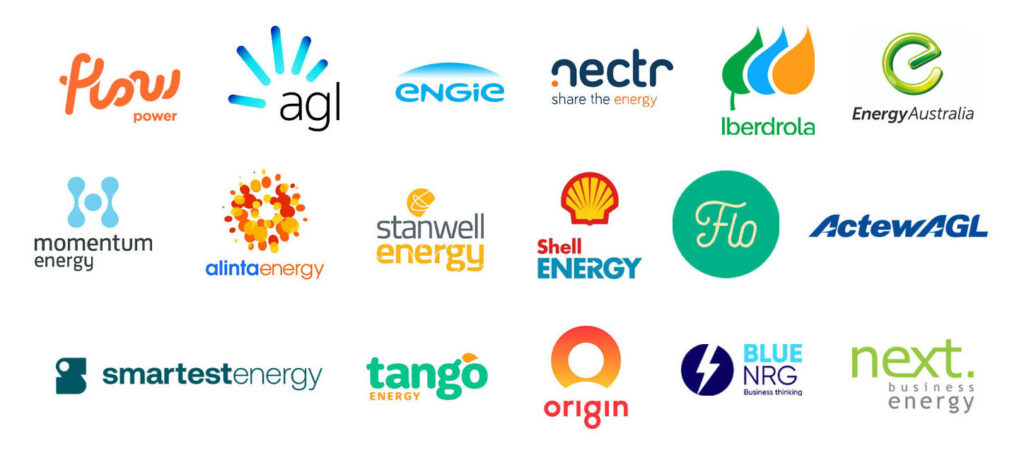On average charging a small electric vehicle to full capacity to travel a range of 100 kilometres costs between $11.50 and $22.50, but that also depends on where you charge the EV, what the battery capacity is and what type of charger you are using.
Australia is joining the rest of the world in a quest to electrify our roads and make the switch from polluting internal combustion engines to enjoy the benefits of electric vehicles which are cleaner, quieter, and more efficient.
The New South Wales Electric Vehicle Strategy has set a target of 52 percent of new car sales to be electrical by 2030 as the state pushes towards a Net Zero emissions by 2050 in a bid to fight climate change.
You may also check the resources shared by the Electric Vehicle Council to see how much it costs to own an EV compared to a petrol or diesel-powered one.
According to leading electric car websites and EV charging station operators, the cost of charging an electric vehicle depends on 3 major factors:
- Whether you are charging at home or at a commercial charging station
- What type of charging station you are using
- The size of the battery in the EV
Calculating how much charging an electric vehicle at home costs
With traditional petrol or diesel cars, the cost of filling up your tank is simple to calculate. All you need to do is multiply the capacity of the tank.
For example, a 60-litre petrol tank at a cost of $1.50 per litre would cost you $90 dollars.
Similarly, with an EV, you need to multiply the size of the battery by the cost unit, which is your kWh rate.
So with a 60kWh battery and an electricity rate of $0.50 per kWh, you would be looking at charging your EV at a total cost of $35.75.
This all depends on the model of the car and the size of its battery.
Your costs are also reduced if you have rooftop solar installed and if you charge your EV when rates are low, through the early hours of the morning, for example.
The formula to work it out at a basic level is: EV Battery Size (kWh) x Electricity Rate ($ per kWh) = Charging Cost ($).
Don’t forget to also factor in the cost of buying and installing an EV charging station for your home.
Most electric cars come with a level 1 charger included, which allows you to slowly charge your EV from a 240v socket over long periods (8 – 40+ hours depending on the size of the car battery).
If you want to have a level 2 charger professionally installed in your garage, this will cost you extra. A level 2 charger itself usually costs between $900 – $2,000 whilst professional installation is typically around $800 – $2,000.
Based on the average home electricity rates in Australia, it costs about $0.15 -0.30 per kWh to charge an electric car at home.
Here is how much it costs to fully charge some of Australia’s most popular electric cars at home (based on an average rate of $0.20per kWh):
Hyundai Ioniq Electric (290km / 38.3kWh): $7.66
Nissan Leaf (385km / 60kWh): $12.00
Hyundai Kona Electric (450km / 65kWh): $13.00
Tesla Model 3 Long Range RWD (520km / 75kWh): $15.00
How much does charging an electric vehicle at a charging station cost?
Businesses are also picking up on the benefits of hosting EV charging stations.
However, how much it will cost you to charge your vehicle depends on what type of charging stations you use.
If you use a rapid charging station, you will be charged more than at a slow charge station.
Charging an electric vehicle at a fast charging station
Level 3 fast Public Charging Stations usually charge about $0.30 – $0.60 per kWh.
These chargers are the fastest EV chargers on the market and are typically only found at public charging stations. They are designed for drivers who want to quickly recharge their electric vehicle in a matter of minutes.
EV charging provider Jolt has carried out research calculating the cost of charging the following EVs at a fast-charging station (based on an average rate of $0.55 per kWh):
Hyundai Ioniq Electric (290km / 38.3kWh): $21.07
Nissan Leaf (385km / 60kWh): $33.00
Hyundai Kona Electric (450km / 65kWh): $35.75
Tesla Model 3 Long Range RWD (520km / 75kWh): $41.25
Level 2 Charging stations
Level 2 Public Charging Stations usually charge about $0.20 – $0.25 per kWh. Level 2 chargers are often found in shopping centres and office blocks (so be aware that additional costs such as paid parking fees may also apply). They are designed for drivers who want to charge their electric car over an extended period (i.e. 5 – 12 hours).
Based on an average rate of $0.225 per kWh it costs:
Hyundai Ioniq Electric (290km / 38.3kWh): $8.62
Nissan Leaf (385km / 60kWh): $13.50
Hyundai Kona Electric (450km / 65kWh): $14.63
Tesla Model 3 Long Range RWD (520km / 75kWh): $16.88
Free charging at rapid stations
EV drivers can take advantage of free rapid charging offers. Some providers will allow you to get a free charge, especially if you charge your vehicle up to full.
Interested in the benefits of EVs?
Leading Edge Energy has published a series of EV vehicle articles as part of our progressive approach to embracing developments in the energy sector.
You can read about the NSW EV strategy, the benefits of your business hosting an EV charging station, and how EVs can help with grid balancing.
If you want to chat about EV developments with our experts, you can call us obligation-free on 1300-852-770 or drop us an email at info@leadingedgeenergy.com.au and one of our Energy Management Consultants will get in touch with you.
We source, analyse, compare and rank commercial, industrial and multisite energy quotes. Obligation Free.
Chat with one of our experienced consultants today and get the insights your business needs to help manage the risks associated with volatile electricity and natural gas markets. Our energy procurement service is obligation-free and provides a time-saving way of securing lower energy rates from our panel of energy retailers.














